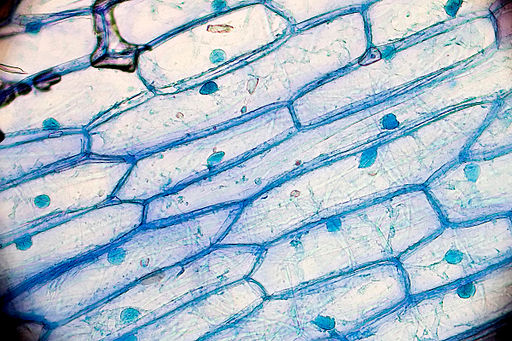- In a sense, astrobiology is only indirectly concerned with biology itself. Yet, an understanding of the basics of biology, microbiology, biochemistry and the evolution of life of Earth is crucial in astrobiology. This is particularly true of the “branch” of astrobiology concerned with searching for microbial life beyond Earth.
- Life, in a nutshell:
- All known life is composed of cells (generally microscopic).
- A cell is composed of a membrane surrounding biomolecule-rich, water-based protoplasm.
- Within the protoplasm of each cell, essentially, DNA and RNA are key in controlling heredity, replication and building of proteins. Proteins are large biological molecules with many crucial roles in life. Proteins include enzymes, which are critical in driving chemical reactions necessary for life. The proteins are built from amino acids.
- Most biologically important molecules are organic compounds. Generally, organic compounds are compounds containing carbon, except for some simple carbon-containing compounds, most notably CO2 (carbon dioxide).
- There are two basic types of cells – prokaryotic cells and eukaryotic cells. Prokaryotic cells are more primitive and simpler than eukaryotic cells, and have no cell nucleus. Eukaryotic cells (including the cells of higher life such as plants and animals) are more sophisticated and complex, and each contains a membrane-enclosed nucleus. The nucleus is essentially the control center of the (eukaryotic) cell, and includes the cell’s genetic material.

© 2015 Fosdick EDS ☾><(((°>
